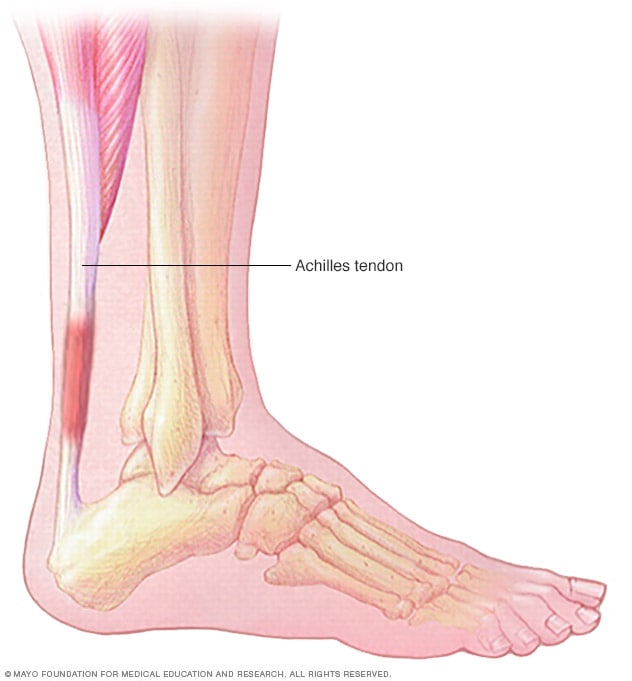Instead of resulting from a single severe impact stress fractures are the result of accumulated injury from repeated submaximal loading such as running or jumping. The repetitive movements of everyday activities such as.
 3 Ways To Identify A Stress Fracture Wikihow
3 Ways To Identify A Stress Fracture Wikihow
Running jumping or dancing.

What causes stress fractures. What Causes Stress Fractures. Stress fractures happen because of repetitive stress and overuse so its important to avoid the activity that led to the fracture. Resting for roughly two to eight weeks.
Ignoring your stress fracture may cause it to worsen and you may develop chronic pain as well as additional fractures. The scientific literature is unclear on whether the main cause of stress fractures is impact loading forces or active forces. People at the highest risk for stress fractures include military personnel who often have to carry large heavy packs over a distance or athletes especially long-distance runners.
Impact loading force is the degree of shock that travels up your foot and leg when you initially hit the ground while active forces are generated when you are pushing your body off the ground. Stress fractures do not always heal properly so it is important that you seek help from a podiatrist if you suspect you may have one. For instance running on the treadmill then switching to gravel.
Sports that involve running jumping and quick change of. It differs from a typical broken bone caused by a sudden injury in that a stress fracture develops in response to chronic stress on the bone. Your running gear and diet hasnt changed.
Tennis or basketball players. Pain from the fractures occur in the area of the fractures and can be constant or intermittent. Stress fractures occur frequently in individuals whose daily activities cause great impact on the feet and ankles.
A stress fracture can develop after repeated excess pressure or loading on a bone. Excessive and abnormal stress from weight bearing activities eg. For example standard plastic is most prone to cracking polycarbonate is one of the biggest culprits when it comes to stress fracturing but the crack spreads slowly.
Suddenly increasing the time and intensity of an exercise program. Because the feet and ankles bear the weight of our bodies every day stress fractures in these areas are not unusual. People affected with Osteoporosis.
It will often cause. A stress fracture can also occur from incorrect exercise and a change in the surface. Stress factors are most common among.
They also can happen from everyday activities in people whose bones are weak due to poor nutrition or a medical condition. A stress fracture is a fatigue-induced bone fracture caused by repeated stress over time. A stress fracture is a small crack in a bone and is usually caused by overuse and repetitive activities.
Everything you need to know about stress fractures - what causes a stress fracture how long do they take to heal and how can you avoid getting one. What Causes Stress Fractures. What Are Stress Fractures.
A stress fracture is when tiny cracks in the bone occur. Applying an ice pack 10 minutes or ice massage ice cube rub for three to five minutes to the injured area. Changes such as those in training intensity volume terrain footwear diet or even sleep can all be important factors in what causes stress fractures.
Because of this mechanism stress fractures are common overuse injuries in athletes. Athletes who increase their number of exercise sessions without giving their bodies adequate time to adjust may develop stress fractures. For example recreational runners who are accustomed to running two or three times a week may develop stress fractures in the feet ankles or shins if they abruptly change to a six-day-a-week schedule.
Training or landing on hard surfaces from a height. A stress fracture is sometimes referred to as a hairline fracture because it usually shows on an X-ray as a hairline crack. The common causes of stress fractures include.
For the sake of this discussion lets assume that there have been no big changes in your training. Stress fractures usually happen from repeating the same movement over and over such as when someone trains for a sport. Lens materials such as Trivex are far less likely to fall prey to stress fractures.
Str ess fractures occur over time with a moderate amount of pressure being applied to a bone which eventually can cause it to break without dislocating itas is often the case with a sudden traumatic bone fracture.





:max_bytes(150000):strip_icc()/achillespainfinal-01-5c05dc5bc9e77c0001c4f46f.png)
